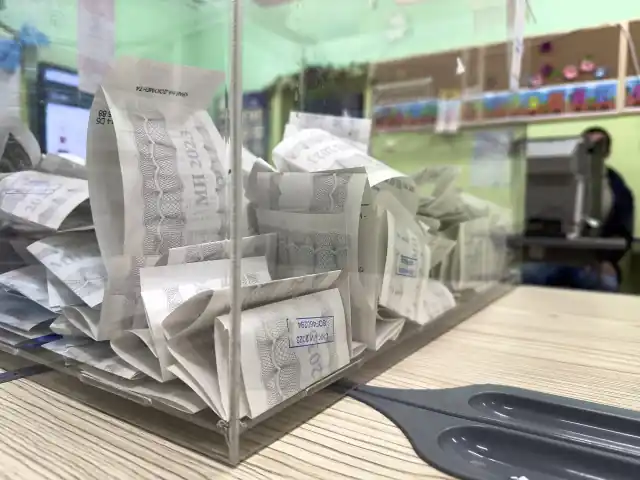
In the wake of Bulgaria’s highly anticipated 50th National Assembly elections, preliminary results indicate a significant lead for the GERB party across various regions of the country.
With data sourced from the Central Election Commission (CEC), GERB emerges as a dominant force in key areas such as Blagoevgrad, Burgas, and Varna, where it maintains a convincing lead over its competitors.
In Varna, GERB’s stronghold is evident, with the party establishing itself as the frontrunner, while the party “Revival” emerges as the second-strongest political force, trailing behind GERB in the electoral race.
Similar trends are observed in regions like Veliko Tarnovo and Vidin, where GERB’s dominance remains unchallenged, and “Revival” surpasses other competitors, notably the “We Continue the Change-Democratic Bulgaria” (WCC-DB) party by substantial margins.
Across various regions where GERB leads, “Revival” consistently ranks as the second-most influential political entity, solidifying its position as a formidable contender in Bulgaria’s political landscape.
GERB’s influence extends to regions like Gabrovo, Dobrich, and Kyustendil, where the party maintains a significant lead over its rivals. In places like Pernik and Pleven, “There Is Such a People” (TISP) emerges as a leading force, with “Revival” securing the second position, showcasing a diverse array of political support across the nation.
In the city of Plovdiv, GERB’s dominance is unmistakable, with “Revival” closely followed as the second political force. Similar patterns emerge in regions like Ruse, Sliven, and Stara Zagora, where GERB’s lead is prominent and unyielding.
Nevertheless, exceptions to GERB’s lead are notable, particularly in regions like Kardzhali, where the Movement for Rights and Freedoms (DPS) garners significant support from voters.
Additionally, the emergence of the new party “Greatness” is evident in regions like Ruse, Burgas, and Veliko Tarnovo, indicating a shifting political landscape with the rise of alternative political entities.
Overall, the preliminary results portray a diverse landscape of political support across different regions of Bulgaria. While GERB maintains its dominance in many areas, other parties also secure substantial support, signaling a dynamic and evolving political environment in the country.
The final outcome of the elections, once all votes are counted and verified, will undoubtedly shape the future trajectory of Bulgaria’s political landscape and governance. Until then, the nation awaits the official results with anticipation and scrutiny as the democratic process unfolds.
This article was created using automation technology and was thoroughly edited and fact-checked by one of our editorial staff members
